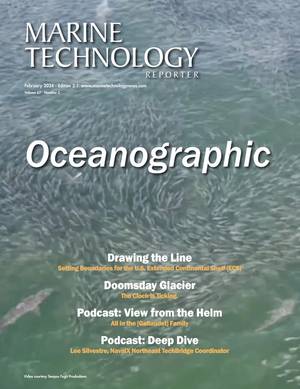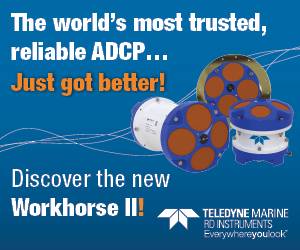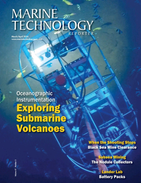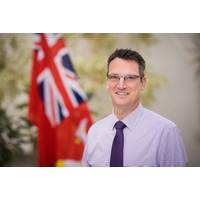
IOMSR: First flag state to partner Eyesea ocean clean up initiative
520 kilogrammes of trash littered over a large area of Douglas Beach on the self-governing British Crown Dependency.The IOMSR is ranked 17 in the world by Clarkson’s in terms of tonnage with around 14 million gross tonnes, under its flag. The registry has held top spot on the Paris MoU Port State Control whitelist and is firmly on the whitelist in the Tokyo MoU rankings. It is also one of the high-performing flags on the US Coast Guard’s Qualship 21 scheme
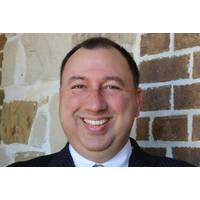
Roan Joins IMCA in North America
; Based in Houston, Roan has worked in a variety of regulatory compliance and advocacy roles for several oil companies and drilling contractors in the U.S. Gulf of Mexico. He has over 20 years of marine and offshore oil and gas industry experience, including four years as a U.S. Coast Guard Port State Control Officer. Prior to joining IMCA Eric was a Program Manager at the Center for Offshore Safety where he facilitated industry groups tasked with implementing U.S. Bureau of Safety and Environmental Enforcement and U.S. Coast Guard requirements and providing recommendations for clarification to
ISF Watchkeeper Upgraded
the launch of the latest release of their acclaimed ISF Watchkeeper software – ISF Watchkeeper 3.5 – developed for maintaining records of individual seafarers’ work hour records, as required by IMO and ILO regulations, and to help prevent crew fatigue and to avoid issues with Port State Control. This major upgrade, which is available free of charge to existing ISF Watchkeeper users on over 8, 000 ships worldwide, has been designed to reflect the evolving needs of those at sea and managers ashore. ISF Watchkeeper 3.5 offers a new working schedule planning tool
Development on BWM highlights - IMO's R&D Forum
(Turkey, Chile, Brazil) were presented in a special policy session, giving the Forum a truly global vision of the status of implementation of the Ballast Water Management Convention by all the main stakeholders in this field. Discussions on risk assessment for exemptions and ship targeting for port State control officers, also took place. Port State control officers will be at the front line of monitoring compliance with the Ballast Water Management Convention once it enters into force. It was noted that while research still needs to be undertaken, several tools already exist to support port State
Noble Pleads Guilty to Enviro Charges Surrounding Kulluk
of fuel and oil leaks, and backfires. Noble acknowledges that it failed to report any of these hazardous conditions to the U.S. Coast Guard. The Noble Discoverer was initially detained in Seward by the Officer in Charge, Marine Inspection for the Western Alaska zone, following a Coast Guard Port State Control examination on November 29, 2012. This case was investigated by the U.S. Coast Guard Investigative Service and the U.S. Environmental Protection Agency Criminal Investigation Division and is being prosecuted by the Department of Justice’s Environmental Crimes Section and the United States
Training to Prevent Marine Accidents & Deaths
of the conditions under which such incidents take place involves more people than just the seafarer on the spot. These people are the ‘behind-the-scene’ operators.” But then what is human error, he asks. Sharma points out that it is humans who make rules. If it happens that the port state control and flag state don’t do their duty well, then that too becomes human error. If the engine fails, leading to loss of life or property then that too becomes human error as the engine was designed by humans. “Why should we equate human error to seafarer error alone?” he
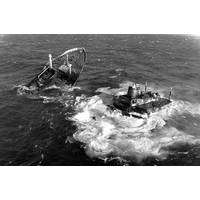
Disasters at Sea & Their Impact on Shipping Regulation
of its kind in history to that date – 1.6 million barrels. Public outcry and political pressure resulted in significant updates to both MARPOL and SOLAS, and the addition of safety and pollution audits that led to in 1982 to the Paris Memorandum of Understanding (Paris MoU), which established Port State Control. The beauty of port state control is that it has enabled an international port inspection system that makes it impossible for non-compliant ships to hide. It also led to the International Convention on the Standards of Training, Certification and Watchkeeping for Seafarers (STCW) in 1978. &bull
Danelec Marine Upgrades Global Distributor Network
partners in countries where we believe our service capability is not up to our standards. "We understand the critical importance of fast, efficient and standardized service for our products, which are installed on ships sailing global routes, said Ottosen. In many cases, Port State Control authorities may not allow a ship to depart until the VDR or ECDIS is repaired and tested to be functioning properly. Thats why we ensure that qualified service technicians and spares are available worldwide and that our products are designed for fast and easy serviceability." SRH

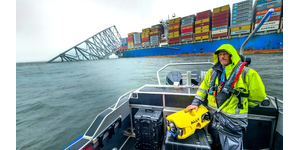
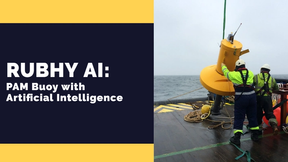
 February 2024
February 2024
